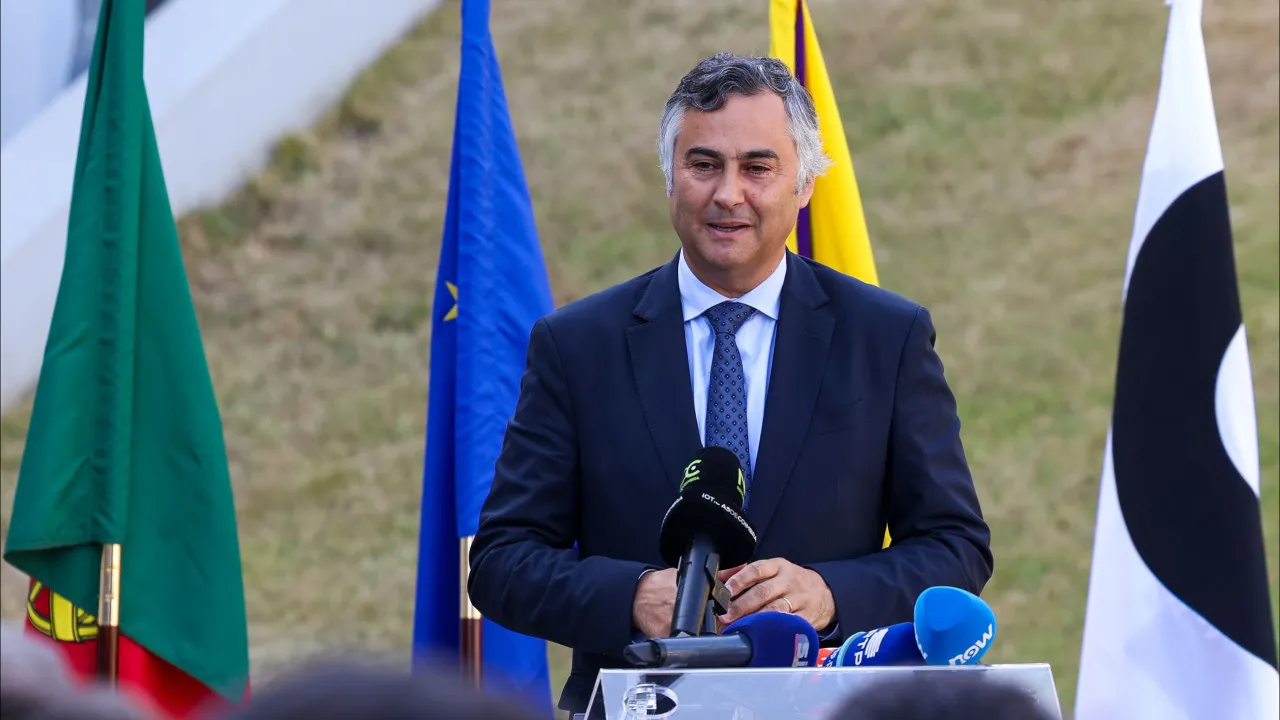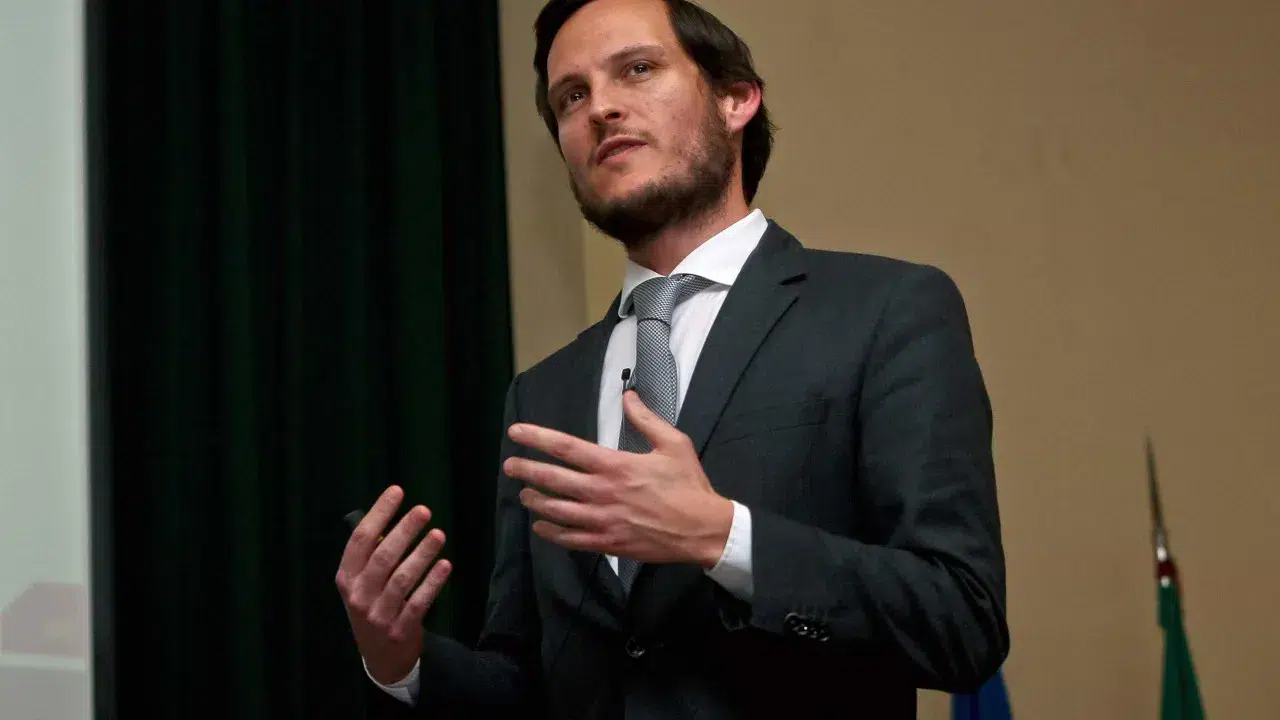The Municipality of Santa Comba Dão will take over the project of building the Centro Interpretativo do Estado Novo (New State Interpretation Center), despite the condemnation of the Parliament. The first phase of the project should be completed by the end of May.
(Publish today: “Salazar museum opens in May despite congressional disapproval”)
Since it was announced five years ago, the plan to build a museum about the New State in Santa Comba Dão, Salazar’s birthplace, has been shrouded in controversy.
Announced by the City Council of Santa Comba Dão in 2018, the work was condemned a year later by the Parliament. The Ministry of Culture, now headed by Pedro Adão e Silva, distanced itself from the project, telling Expresso that it “does not know or follow the project promoted by the municipality.
Even before becoming minister, Adão e Silva had expressed his opposition to the construction of the museum by signing a petition against the project that gathered more than 18,000 signatures.
The mayor of Santa Comba, on the other hand, has made it clear that he is not trying to “sanctify the figure of Salazar,” but rather to “restore the facts of what happened” during the dictatorship, so that “young people will understand the virtues of democracy and prevent similar situations in the future,” he told the weekly.
The project will be carried out in phases, not least because the council is still seeking funding. The first will be inaugurated at the end of May, the mayor guarantees, and will serve as a test for the others. Leonel Gouveia intends to “listen to the community” and then move on to the “final model”.
When it was announced in 2018, the New State Interpretive Center was even part of the Route of Historical Figures, initiated by ADICES – Local Development Association, and had a partnership with the Center for Interdisciplinary Studies of the 20th Century (CEIS20) of the University of Coimbra, but both partnerships ended up falling apart. The first one was “discontinued”, leaving the community without funding to move forward, and the second one for “internal reasons” of CEIS20.
However, Leonel Gouveia guarantees that he is looking for new partnerships and will apply for funding to move forward with the next phases. For now, the “pre-project” is assured in the old Salazar school canteen, in Vimieiro, with an inauguration date scheduled for the end of May.
The space where the new Interpretation Center will be located dates from 1942 and, according to the mayor, still maintains “intact” the original architecture of what was education during the Estado Novo period.




